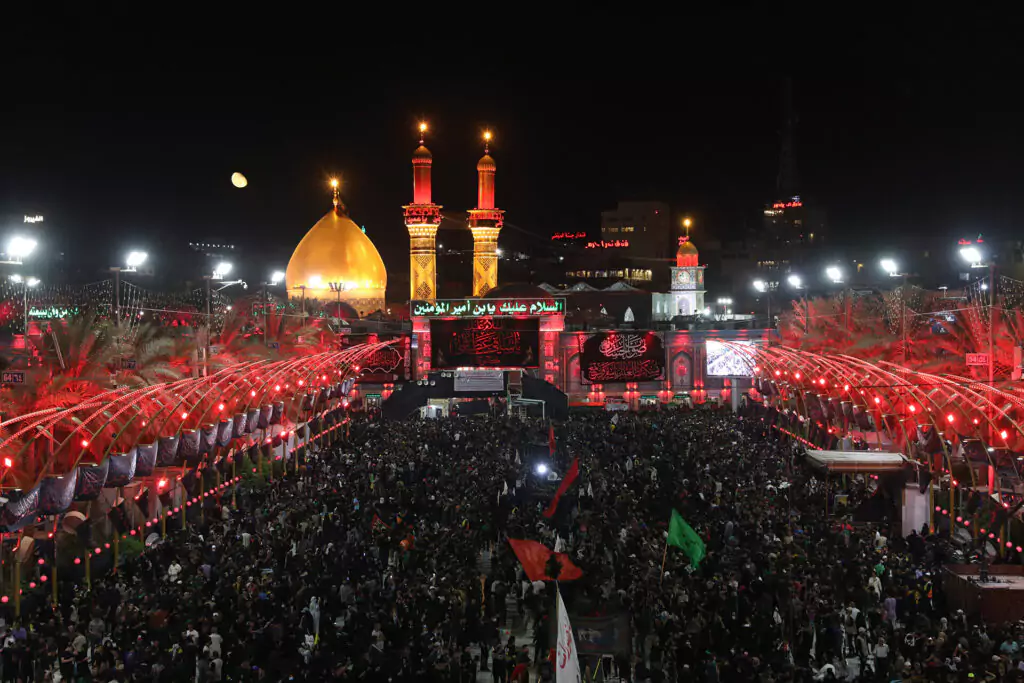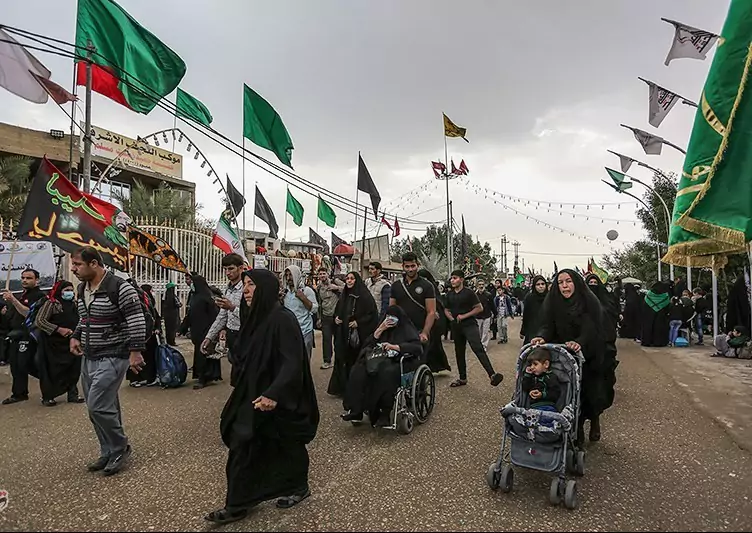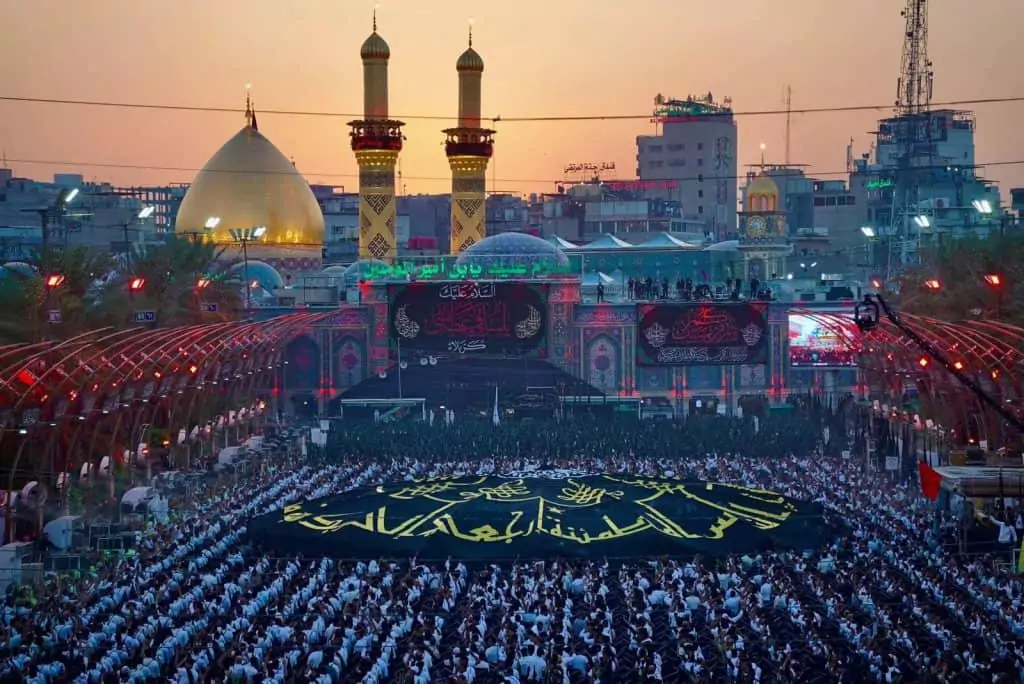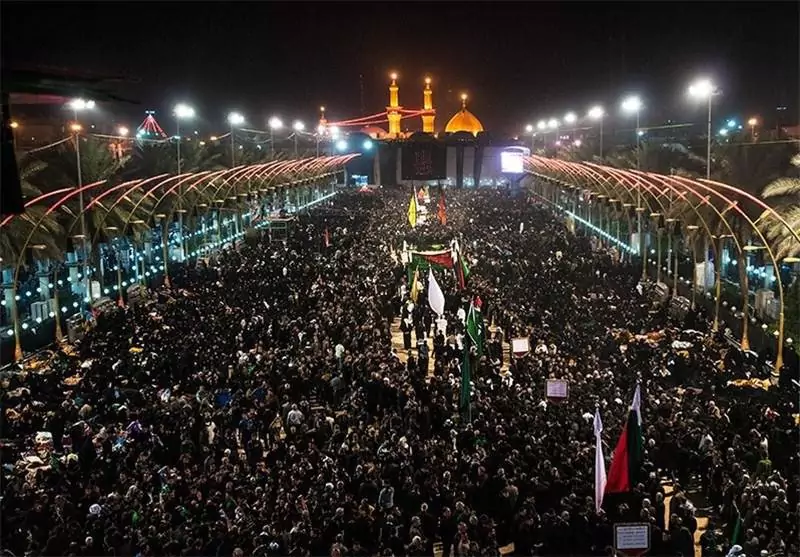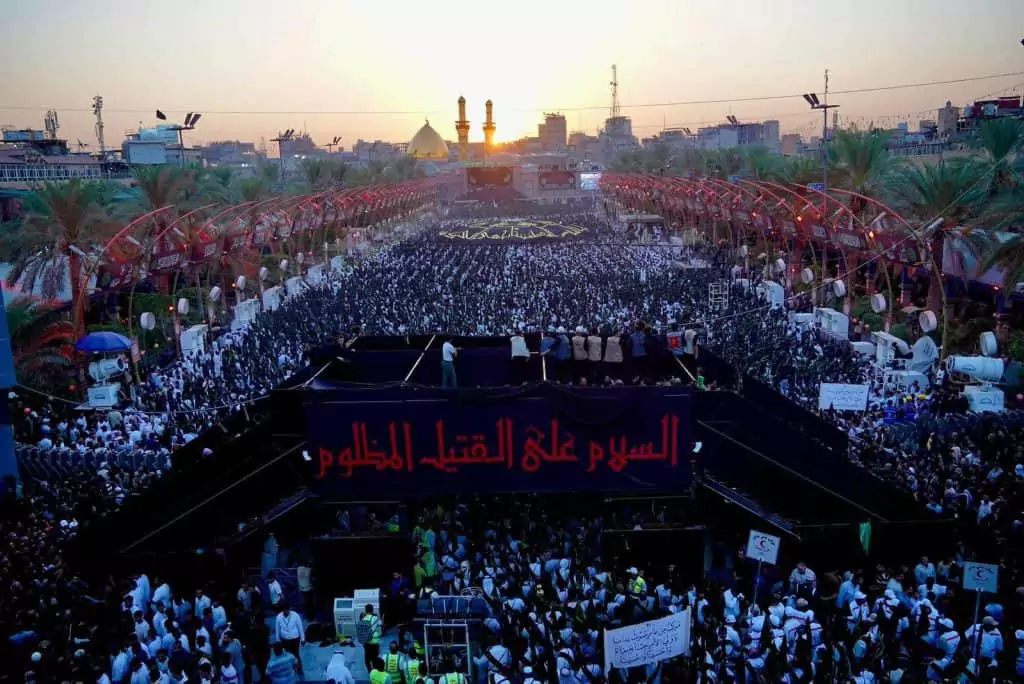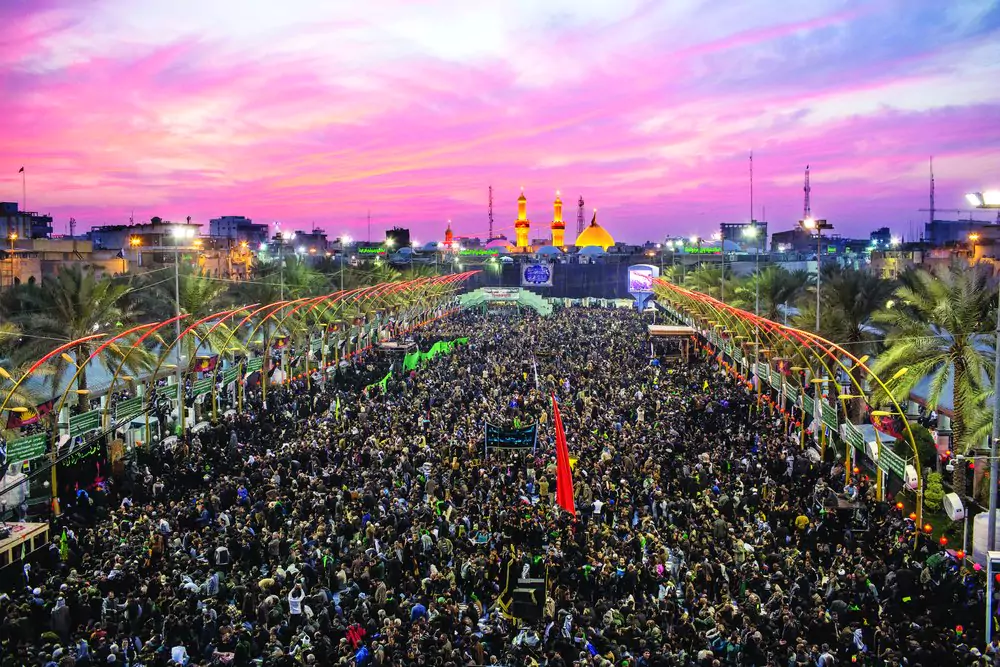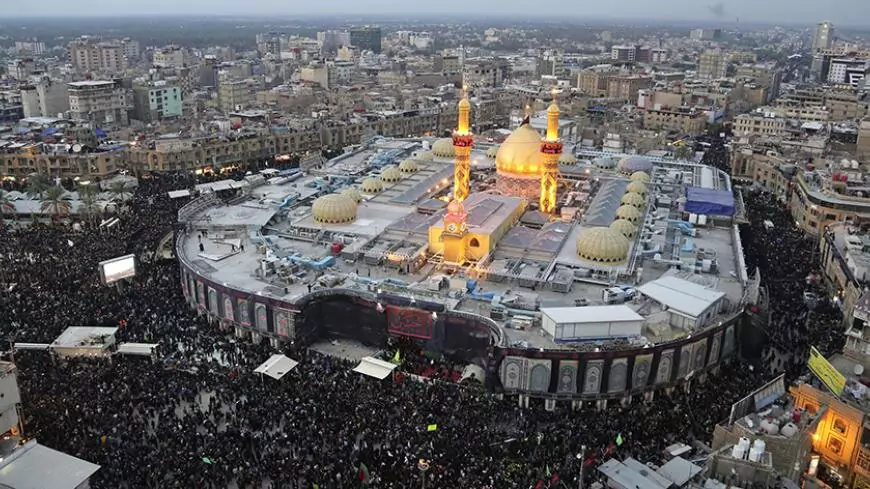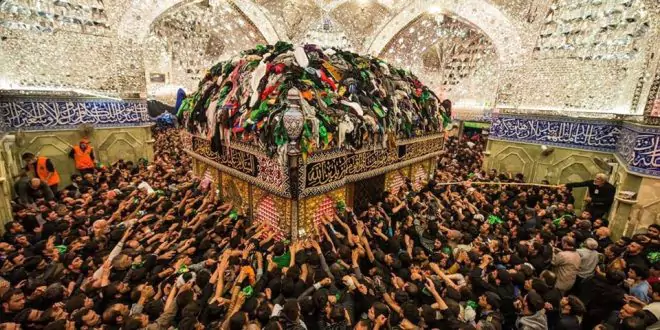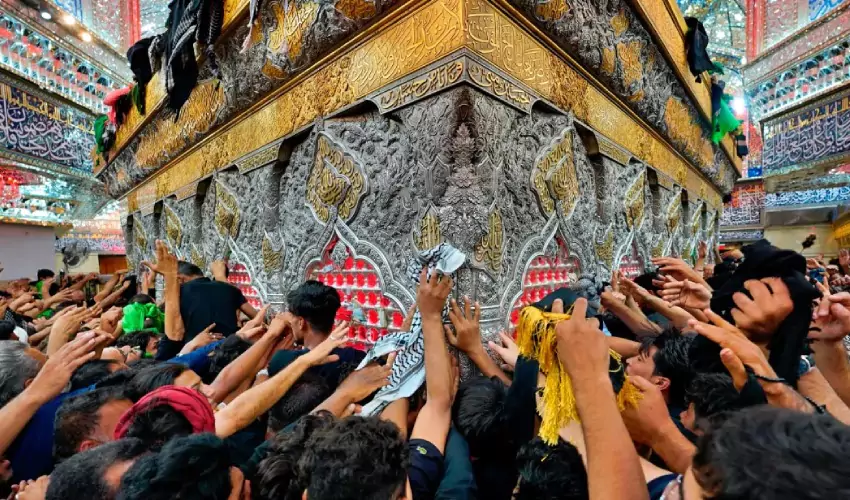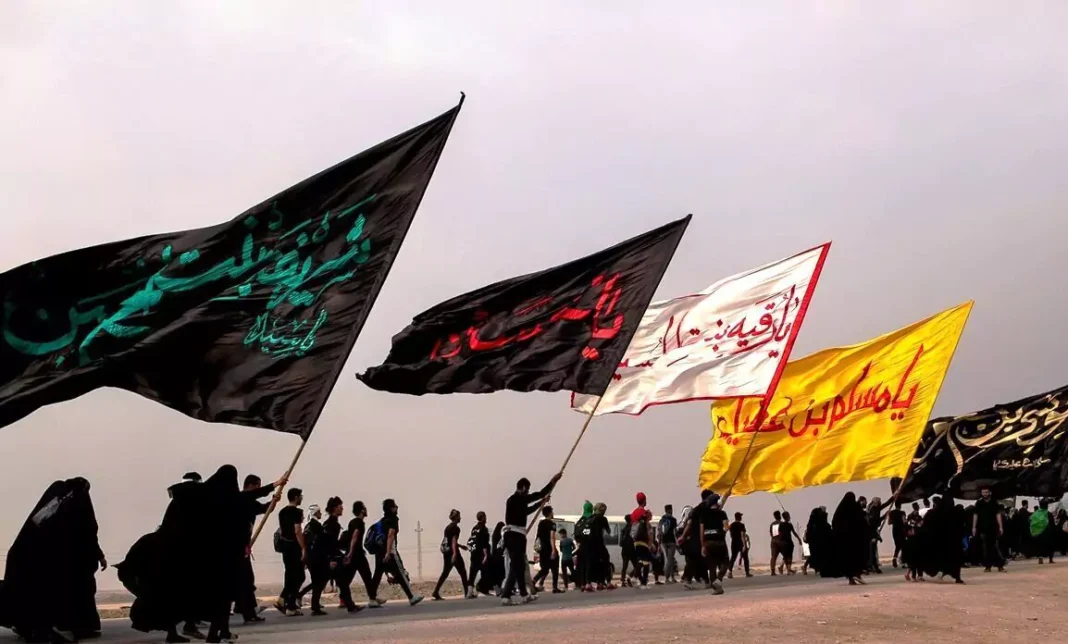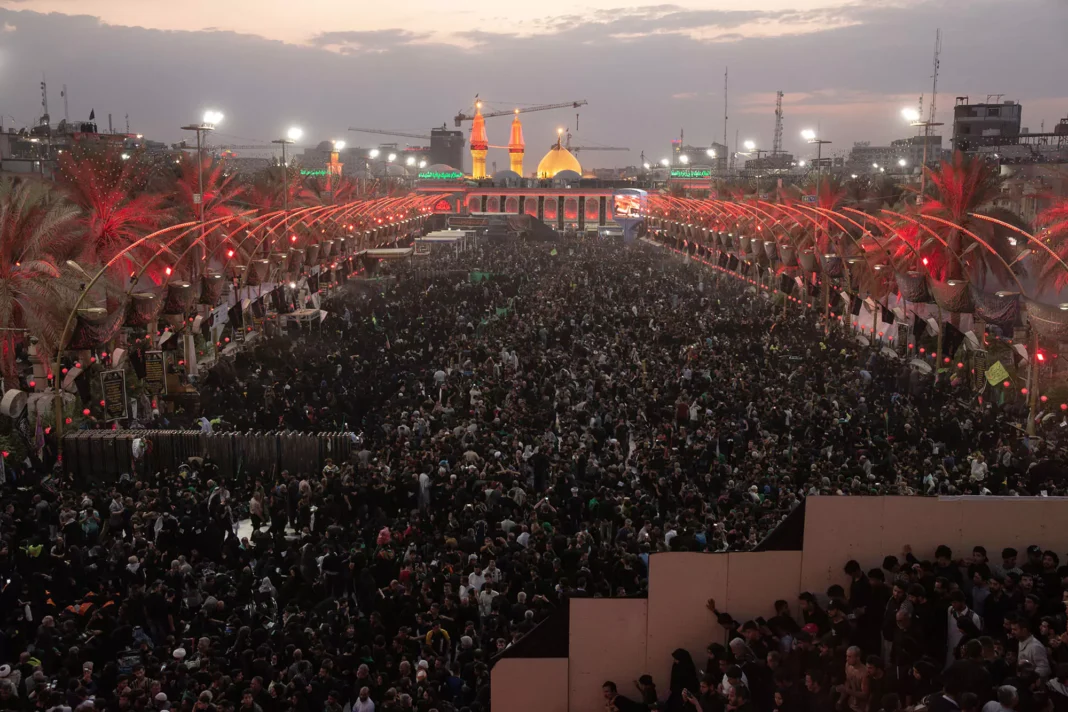The Arba’een Pilgrimage, culminating in Karbala, Iraq, is an extraordinary event that draws millions of pilgrims from around the world each year. This mass gathering, known as the greatest annual pilgrimage on Earth, commemorates the martyrdom of Imam Hussein, the grandson of Prophet Muhammad, and serves as a powerful testament to faith, solidarity, and remembrance.
Understanding the Arba’een Pilgrimage in Karbala
The Arba’een Pilgrimage marks the end of the 40-day mourning period following Ashura, the day of Imam Hussein’s martyrdom in 680 AD. Pilgrims undertake a journey on foot to Karbala, where Imam Hussein’s shrine is located. Many begin their Arba’een walk from Najaf, home to the shrine of Imam Ali, covering a distance of approximately 80 kilometers (50 miles). The pilgrimage takes place on the 20th of Safar, the second month of the Islamic lunar calendar.
The Significance of the Arba’een Walk
Arba’een is a deeply significant event for Shia Muslims, who comprise the majority of the pilgrims. It represents:
- Commemoration of Imam Hussein: Mourning the tragic events of Karbala and honoring the sacrifice of Imam Hussein.
- Spiritual Renewal During Arba’een: A journey of self-reflection and strengthening faith during this significant pilgrimage.
- Global Solidarity at Arba’een: A display of unity and collective mourning within the Shia community from across the world.
- Iraqi Hospitality on the Arba’een: An opportunity for Iraqis to showcase their generosity by providing free food, accommodation, and services to pilgrims undertaking the Arba’een walk.
Experiencing the Arba’een Pilgrimage: A Personal Journey
Walking amongst millions of devoted pilgrims on the Arba’een Pilgrimage is a truly humbling experience. The atmosphere is charged with emotion, a mix of sorrow, devotion, and hope.
The Arba’een Journey to Karbala
The journey itself is a significant part of the Arba’een Pilgrimage. Pilgrims walk for days, often in challenging conditions, demonstrating their commitment and resilience. Along the route to Karbala, they are supported by:
- Mowkebs and the Arba’een: Thousands of tents and rest stations set up by locals offering food, water, medical assistance, and places to rest for those on the Arba’een walk.
- Volunteerism: The Spirit of Arba’een: An incredible display of selfless service by individuals who dedicate their time and resources to aid the pilgrims on their journey to Karbala.
Arriving in Karbala: Visiting the Holy Shrines
Upon reaching Karbala after the Arba’een walk, pilgrims visit the shrines of Imam Hussein and his half-brother Abbas. The atmosphere is one of profound reverence and mourning. Many pilgrims engage in prayer, recitation of elegies, and reflection on the sacrifices made at Karbala.
Practical Information for Arba’een Pilgrims
Preparing for Your Arba’een Pilgrimage
- Visa Requirements for Arba’een: Ensure you have the necessary visa for entry into Iraq for the Arba’een Pilgrimage.
- Travel Insurance for Arba’een: Secure comprehensive travel insurance that covers medical emergencies and potential disruptions during your Arba’een journey.
- Vaccinations and Health for Arba’een: Consult your doctor about recommended vaccinations and health precautions before embarking on the Arba’een Pilgrimage.
- Currency Exchange for Iraq: Obtain Iraqi Dinars before arriving in Iraq for your Arba’een Pilgrimage.
- Essential Packing for Arba’een: Pack comfortable walking shoes, modest clothing, a first-aid kit, and essential toiletries for the Arba’een walk.
During Your Arba’een Pilgrimage
- Respectful Attire for Karbala: Dress modestly, covering your arms and legs. Women are usually expected to wear a headscarf during their Arba’een Pilgrimage.
- Photography Etiquette During Arba’een: Be mindful of taking photos, especially in and around the shrines. Always ask for permission before photographing people during the Arba’een Pilgrimage.
- Communication Tips for Arba’een: Learn basic Arabic phrases or use translation apps to communicate with locals during your Arba’een journey.
- Safety on the Arba’een Pilgrimage: Stay aware of your surroundings and keep valuables secure. Follow the advice of local authorities and pilgrimage organizers during your Arba’een walk.
- Health and Well-being During Arba’een: Drink plenty of water, rest frequently, and seek medical assistance if needed while on the Arba’een Pilgrimage.
Expanding Your Arba’een Pilgrimage Experience
While the pilgrimage itself is the central focus, consider exploring other sites in the region:
- Najaf: Gateway to the Arba’een: Visit the shrine of Imam Ali and explore the historic city of Najaf before your Arba’een walk.
- Kufa: Historical Significance Near Karbala: See the Great Mosque of Kufa and learn about its significance in Islamic history after your Arba’een Pilgrimage.
- Baghdad: Exploring Iraq Beyond Arba’een: Explore the capital city and its rich cultural heritage, including museums and historical sites, after your Arba’een journey.
Transliteration Guide for Arba’een Pilgrims
Greetings
- Hello: As-salamu alaykum (as-salamu alaykum)
- Peace be upon you too: Wa alaykum as-salam (wa alaykum as-salam)
- Thank you: Shukran (shukran)
- You’re welcome: Afwan (afwan)
Directions
- Where is…? Ayna…? (ayna…?)
- Right: Yameen (yameen)
- Left: Yasār (yasār)
- Straight ahead: Mustaqeem (mustaqeem)
Dining
- I want to eat: Ureed an akul (ureed an akul)
- Water: Maa’ (maa’)
- Food: Ta’am (ta’am)
- Delicious: Lazeez (lazeez)
Emergencies
- Help: Musā’adah (musā’adah)
- Police: Shurta (shurta)
- Hospital: Mustashfá (mustashfá)
- Doctor: Tabeeb (tabeeb)
Tips for a Meaningful Arba’een Pilgrimage to Karbala
- Embrace the Spirit of Arba’een: Open your heart to the experience and connect with the spiritual significance of the Arba’een Pilgrimage.
- Respect Local Customs in Karbala: Be mindful of cultural norms and traditions during your Arba’een Pilgrimage.
- Connect with Fellow Arba’een Pilgrims: Engage with people from diverse backgrounds and share in the collective experience of the Arba’een walk.
- Reflect and Learn During Arba’een: Take time for introspection and learn about the historical and religious context of the Arba’een Pilgrimage.
- Show Gratitude to Your Hosts: Express your appreciation to the volunteers and locals who support the pilgrims during the Arba’een journey.
Stories from the Arba’een Pilgrimage: Inspiration and Reflection
Countless stories emerge from the Arba’een Pilgrimage each year, highlighting the resilience of the human spirit and the power of faith. One pilgrim recounts their experience of witnessing extraordinary acts of kindness from strangers during the Arba’een walk, while another describes the profound sense of peace they felt while walking alongside millions of fellow believers on their journey to Karbala. These personal narratives offer a glimpse into the transformative power of the Arba’een Pilgrimage.
The infographic could highlight:
- Key Starting Points: Cities like Najaf (where the pilgrimage typically begins) and their distances to Karbala.
- Major Milestones: Important stops along the route, such as rest stations, shrines, or historic sites.
- Total Distance: Typically 80 km (approx. 50 miles) from Najaf to Karbala.
- Estimated Duration: Average time to complete the walk (2–3 days).
Conclusion
The Arba’een Pilgrimage to Karbala is a unique and awe-inspiring event that offers a profound spiritual experience. By immersing yourself in this journey of faith and solidarity, you’ll witness the strength of human devotion and the cultural richness of this significant gathering.


